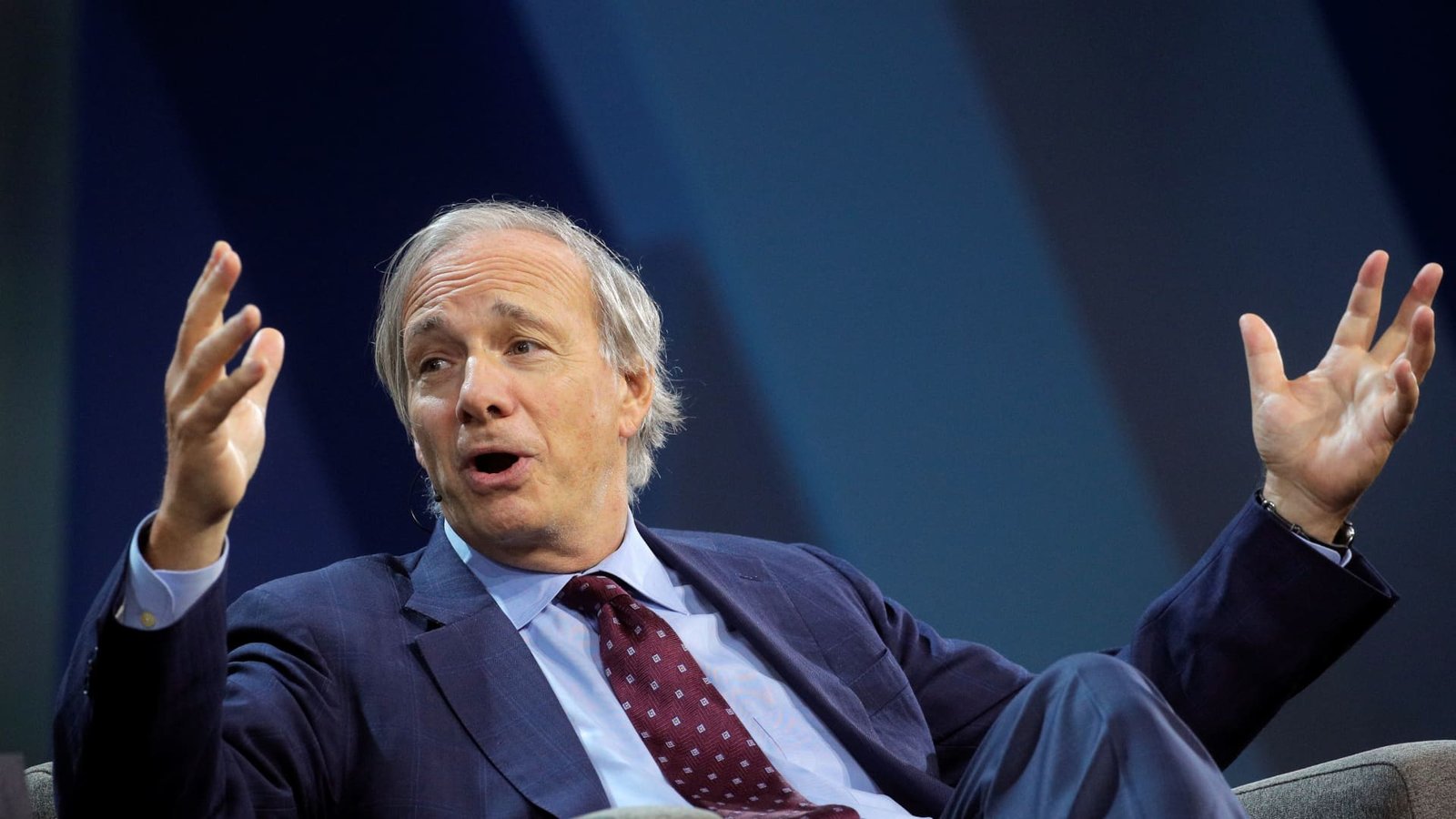The European Union requires up to 800 billion euros ($884 billion) in additional investment annually to achieve its key competitiveness and climate objectives, as per a report by economist and politician Mario Draghi. The report highlights that the EU’s ambitions of enhancing its geopolitical standing, promoting social equality, and advancing decarbonization are at risk due to sluggish economic growth and productivity compared to the U.S. and China.
The comprehensive study, spearheaded by Draghi, emphasizes that EU priorities should encompass reducing energy costs, enhancing competitiveness, aligning industrial policies, and increasing defense spending. The report underscores the need for the EU to adapt to a changing global landscape where vulnerabilities arise from dependencies, citing the EU’s reliance on China for critical minerals and China’s dependence on the EU for absorbing industrial overcapacity.
The report warns that the EU’s high trade openness could pose risks if trends towards supply chain autonomy accelerate. It notes that a significant portion of Europe’s imports come from a limited number of suppliers that are challenging to replace, with half originating from countries not strategically aligned with the bloc. To address these challenges, the report suggests developing a coherent foreign economic policy, securing key technologies’ supply chain, and leveraging domestic resources through mining, recycling, and innovation.
Furthermore, the report advocates for the full implementation of the single market to reduce trade barriers, ensuring that competition policy does not hinder Europe’s objectives, particularly in the technology sector. It also stresses the need for substantial investments, reforms in research and development funding, and policy adjustments to address the innovation deficit.
The report calls for greater policy harmonization and funding focus across various sectors, such as clean technology development. It recommends transforming the European Securities and Markets Authority into a single regulator for all EU securities markets and streamlining decision-making processes to expedite policymaking.
The report highlights challenges related to the EU budget, risk aversion, and the need for new funding sources to sustain investments. It proposes common funding for certain projects and the issuance of common safe assets to facilitate joint investment projects among Member States. The study indicates that achieving defense, digitalization, and decarbonization targets would necessitate a significant increase in the EU’s investment-to-GDP rate.
While the report has sparked discussions on the EU’s future, analysts caution that political complexities may impede swift action. Despite the ambitious proposals outlined in the report, immediate market impacts are not expected, with challenges stemming from political dynamics across member states.




